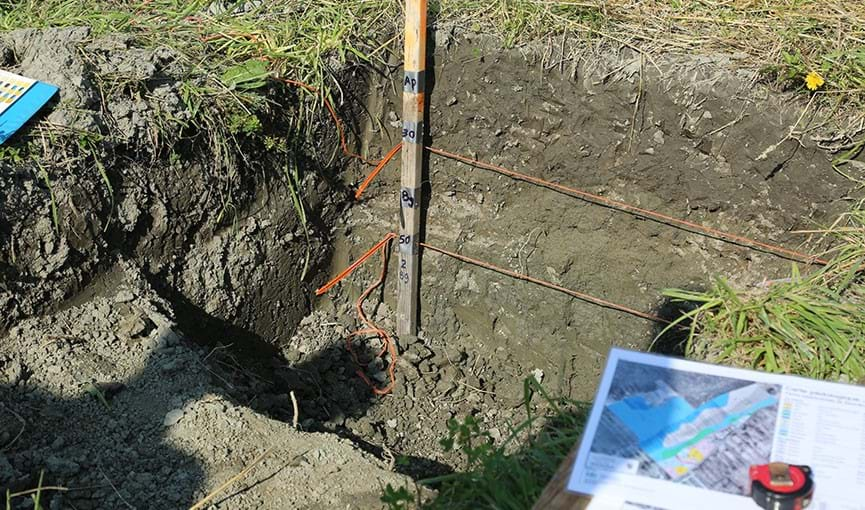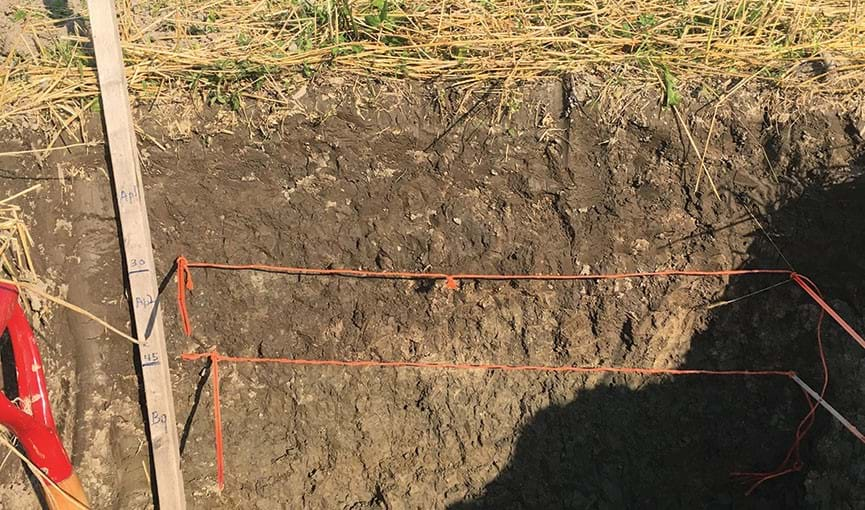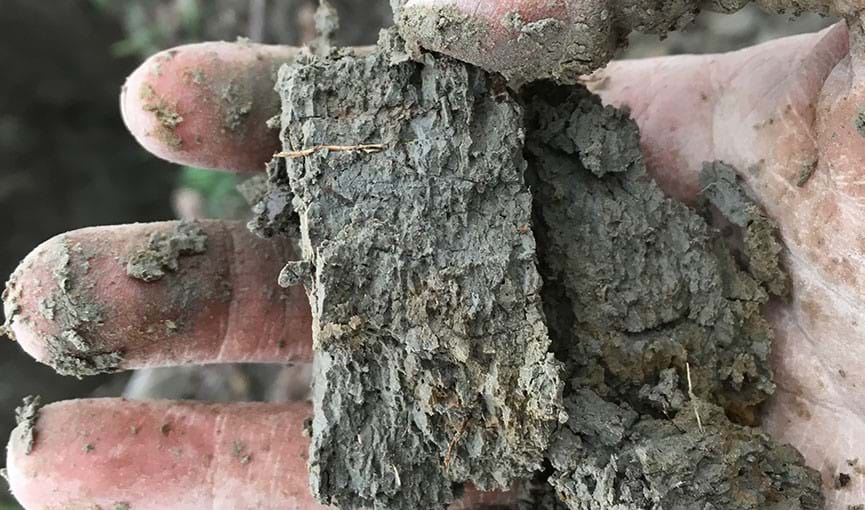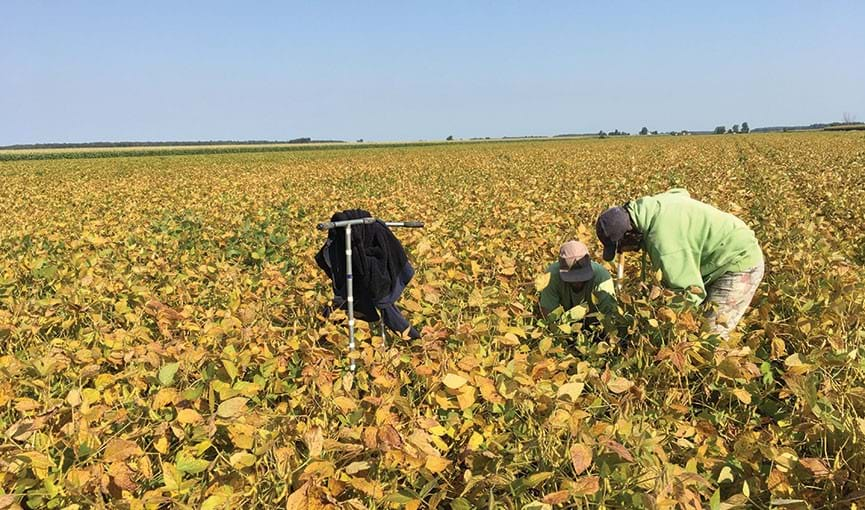Soil health
However, growing demand for commodities can force producers into agricultural practices that may negatively impact soil health. For example, frequent heavy machinery runs are necessary but they compact soil and reduce the flow of air and water, two elements essential to life. Applications of pesticides and other chemical contaminants also leave their mark on the soil, affecting water quality, microorganisms, flora, fauna, and pollinating insects, as well as the quality and marketability of agricultural products.
A comprehensive assessment for a healthy soil
Fortunately, advances in technology and the industry's growing commitment to eco-friendly farming practices have boosted yields, while minimizing environmental impacts. With its facilities and expertise, IRDA is able to compare best practices and quantify and qualify their impact on soil health parameters like nutrient abundance, biodiversity, compaction, aeration, degradation, and erosion. The results serve to help producers and their agricultural consultants choose best practices to optimize soil productivity, ensure the durability of crop systems, and increase business competitiveness. This may involve determining the best times to conduct certain operations in their fields, proposing tillage techniques that reduce soil degradation and increase its health and resilience, or coming up with fertilization strategies tied to crop needs. In short, IRDA’s work helps farmers optimize productivity, while promoting healthy soil—a requirement for sustainable and prosperous agriculture.
In consideration of IRDA’s expertise, MAPAQ has tasked the institute with assessing the health of the province’s agricultural soils as part of a five-year Québec-wide project.







